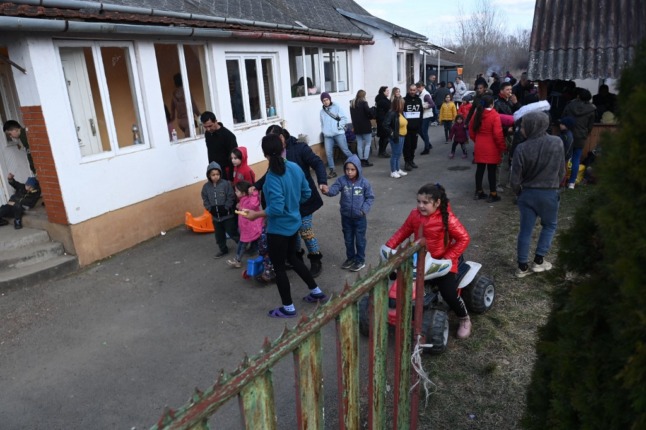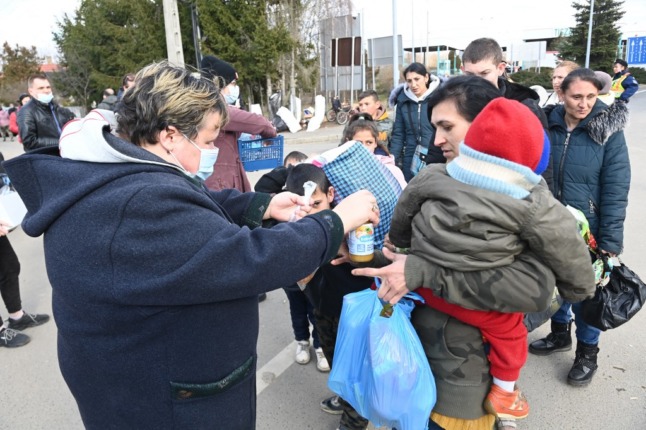The number of refugees to enter Europe from Ukraine could reach around four million, the EU announced at a news conference in Brussels.
After interior ministers gathered for a special meeting of EU member states to discuss the crisis, leaders indicated that the need to intervene was becoming increasingly urgent.
“We are witnessing what could become the largest humanitarian crisis on our European continent in many, many years. The needs are growing as we speak,” said Janez Lenarcic, European Commissioner for Humanitarian Aid and Crisis Management.
OPINION: This is Russia’s war, but we Europeans need to learn fast from our mistakes
He said the number of Ukrainians affected by the conflict in humanitarian terms could be 18 million within Ukraine itself, while seven million people are at risk of being internally displaced and four million could flee the country as refugees.
That’s a figure also echoed by the UN refugee agency.




 Please whitelist us to continue reading.
Please whitelist us to continue reading.
Canada should step up and take a few hundred thousand Ukranian refugees.
Use this opportunity to meet its immigration targets for a couple of years.
The refugee crisis could be as bad as the Syrian or Bosnian war refugee ones.
The refugee crisis could be as bad as the Syrian or Bosnian ones.
The refugee crises could be worse than the Syrian or Bosnian ones.